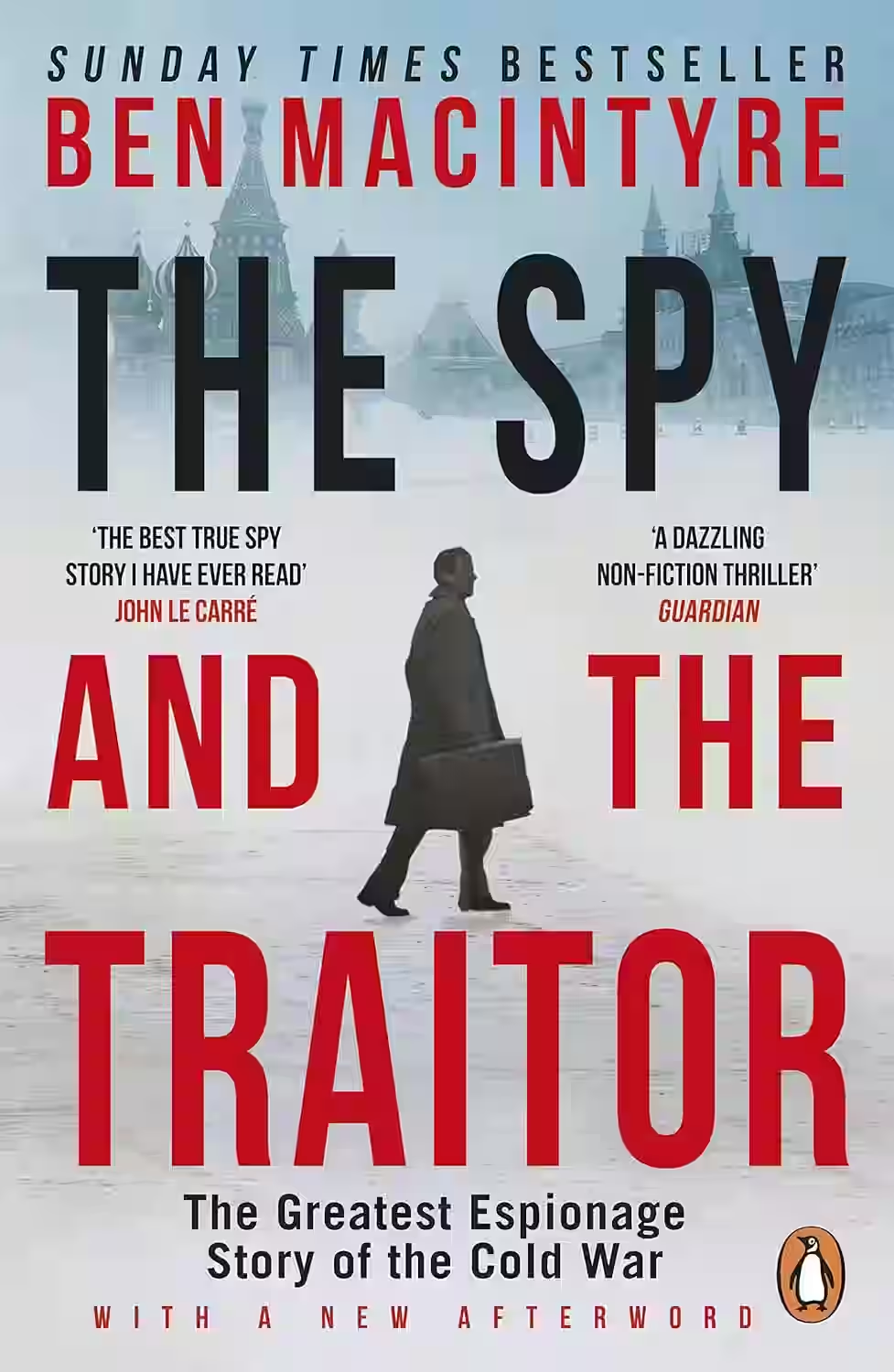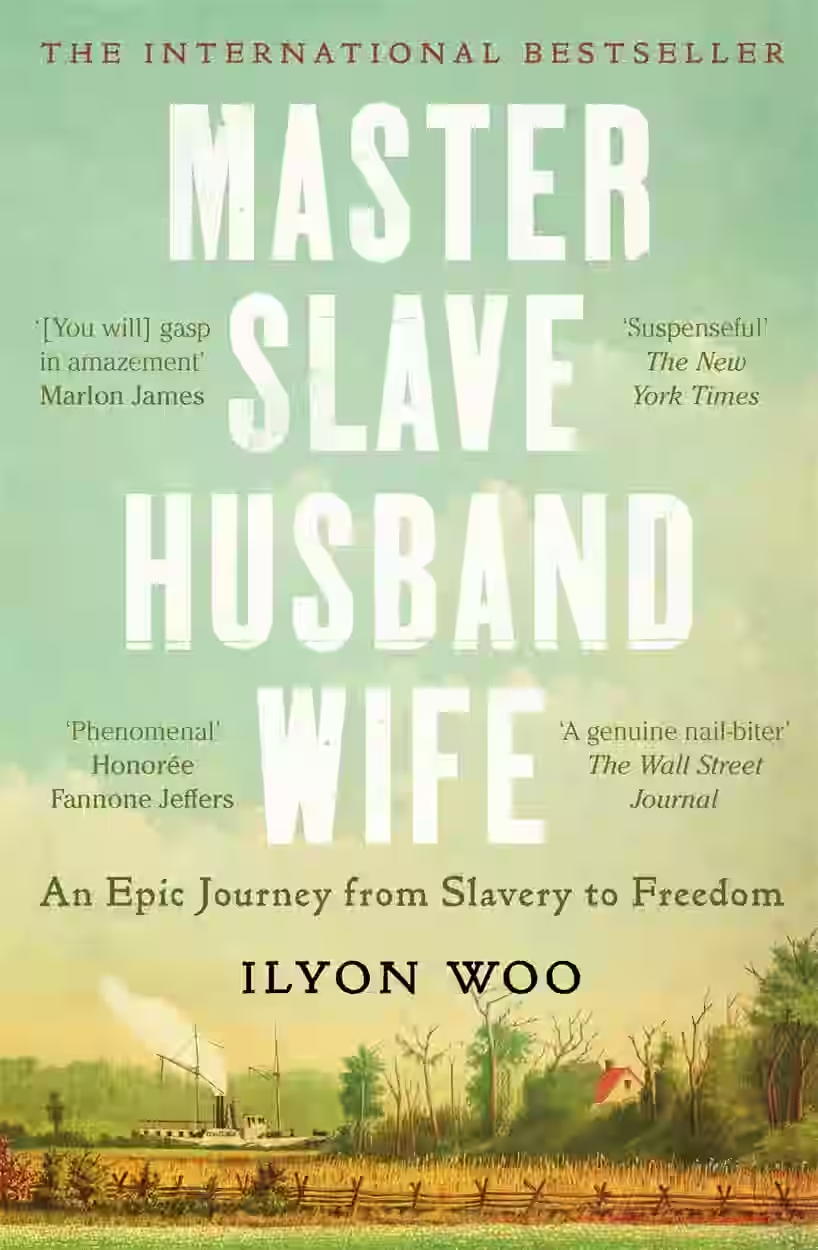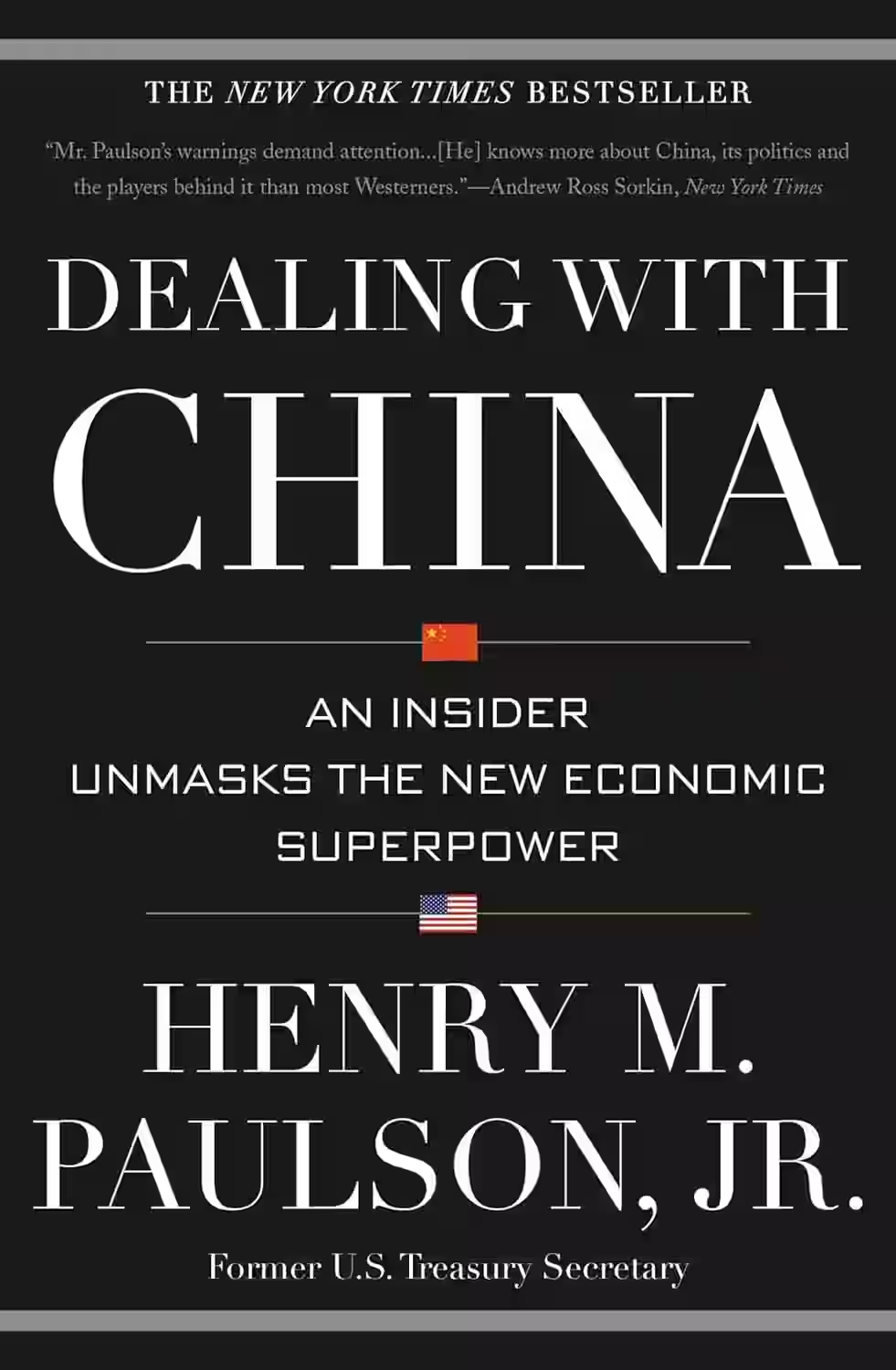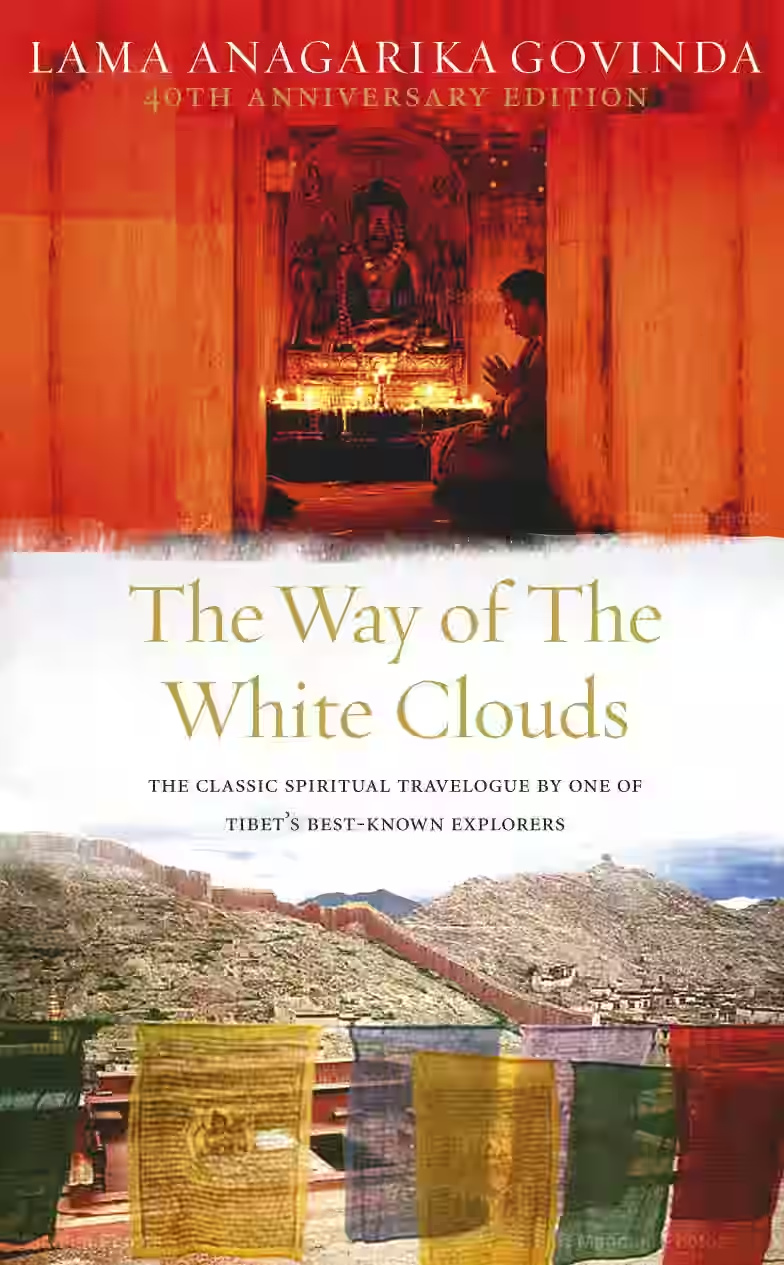
The Spy and the Traitor is a gripping true story of Oleg Gordievsky, a high-ranking KGB officer who became a double agent for Britain during the Cold War. Through meticulous research and vivid storytelling, Macintyre traces Gordievsky’s espionage, his moral struggles, and his daring escape from Soviet Russia. The book reads like a thriller, filled with tense meetings, coded signals, and near-misses. It reveals the shadowy chess match between East and West and the individual courage it demanded. A masterwork of narrative nonfiction, it’s both historically illuminating and impossible to put down.
About Ben Macintyre
A British historian and author known for his meticulously researched and gripping non-fiction books that often delve into the world of espionage and World War II. Works like Agent Zigzag and Operation Mincemeat read like thrillers, bringing to life the fascinating and often unbelievable true stories of spies and covert operations. Macintyre's engaging storytelling and historical accuracy have made him a bestselling author.
Similar Books

Master Slave Husband Wife: An Epic Journey from Slavery to Freedom
by Ilyon Woo
This powerful nonfiction narrative recounts the daring 1848 escape of Ellen and William Craft from slavery in Georgia. Ellen, light-skinned, disguised herself as a disabled white man; William acted as her servant. Their journey to freedom through the North and eventually to England is one of ingenuity, courage, and love. Ilyon Woo’s detailed and gripping account draws on archival research to illuminate not only their story but the broader resistance to slavery and racism. Master Slave Husband Wife is both a suspenseful escape narrative and a testament to the resilience of those who dared to break the chains of bondage.

Dealing with China
Former U.S. Treasury Secretary Henry Paulson offers an insider’s perspective on China’s economic transformation and its complex relationship with the United States. Drawing on his years of engagement with Chinese leaders as a top executive at Goldman Sachs and a U.S. policymaker, Paulson charts China’s rise, challenges, and ambitions. He candidly addresses issues like financial reform, environmental policy, and the shifting global power balance. Dealing with China is both a memoir and a strategic guide, offering practical insights for navigating U.S.–China relations in an increasingly interconnected world. It’s essential reading for policymakers, investors, and global thinkers.

Sam Walton: Made in America
In Made in America, Walmart founder Sam Walton shares the story of building the world’s largest retail empire from a single store in Arkansas. Written in Walton’s own words, the memoir reveals his relentless work ethic, frugality, and obsession with customer satisfaction. He reflects on the principles that drove Walmart’s success, including employee empowerment, aggressive expansion, and constant innovation. Candid and down-to-earth, the book also touches on mistakes and challenges. Beyond a business biography, Made in America is an inspiring account of entrepreneurial vision, small-town values, and the competitive drive that revolutionized American retail.

The Way of the White Clouds
This spiritual travelogue chronicles Lama Govinda’s journey through the Himalayas in search of sacred Buddhist teachings and practices. Merging travel writing with philosophical reflection, the book details encounters with monks, yogis, and the mystical landscapes of Tibet. With poetic language and deep reverence, Govinda explores Tibetan Buddhism, meditation, and the inner path to enlightenment. His experiences illuminate the harmony between inner and outer worlds. As a bridge between Eastern and Western spiritual traditions, the book has inspired generations of seekers interested in Tibetan culture, mysticism, and the transformative power of contemplative pilgrimage.